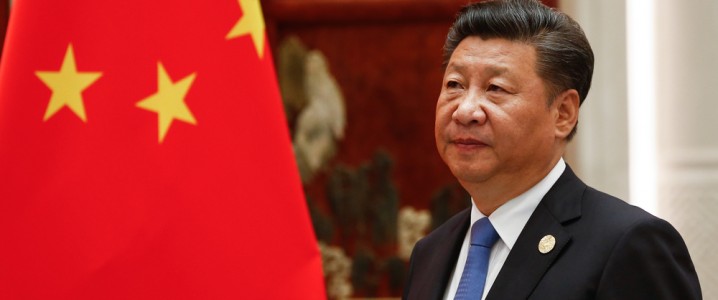
China has locked down the city of Chengdu, beginning today, as the latest demonstration of its zero-Covid strategy. With a population of 21 million, Chengdu is the biggest city to be locked down in China after Shanghai, Bloomberg reports.
All lockdowns in China this year have caused oil prices to fall thanks to the well-documented effect of lockdowns on oil demand. The effect has tended to be temporary, however.
When coupled with other bearish indications, however, the news of the lockdown is likely to have a marked negative effect on oil prices. Indeed, oil fell today in Asian trade because of the news of the latest lockdown in China.
In addition, Reuters released a poll suggesting supply was on the rise, with OPEC expected to have pumped an average of 29.6 million bpd last month – the highest since April 2020.
U.S. crude oil output is also on the rise, Reuters reported, likely reaching 11.82 million bpd in June. This would also be the highest since April 2020.
Economic growth worries are also contributing to the bearish sentiment that has taken over the oil market in recent days. With central banks appearing to be determined to continue with the monetary tightening, such worries are more than justified.
As a result, Brent crude had dropped to $95.11 per barrel at the time of writing, with West Texas Intermediate at $89 per barrel. Prices could fall further later today as G7’s finance ministers are gathering to discuss their idea of imposing a price cap on Russian oil sold on international markets.
The idea being discussed is the refusal to insure Russian oil shipments unless the oil is being sold below a certain price threshold. G7 dominates the insurance market with a 90 percent share. Russia has indicated it would not accept a price cap.
Source: https://oilprice.com/Energy/Energy-General/Oil-Prices-Under-Pressure-As-China-Expands-Covid-Lockdowns.html
